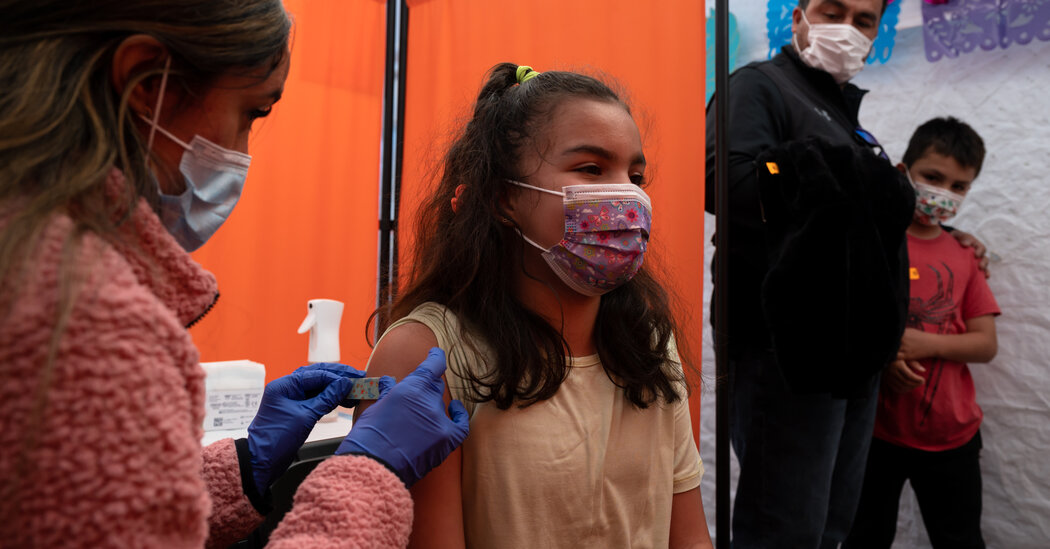Credit score: Pixabay/CC0 Public Area
As teenagers proceed to spend extra time on screens and social media, a brand new research finds that amongst 11-12-year-olds, extreme time on-line is related to early experimentation with substances like alcohol, nicotine, and hashish.
Printed in Drug and Alcohol Dependence, the research reveals that adolescents who spend extra time on social media, texting, and video chatting usually tend to experiment with alcohol, nicotine, or hashish one yr later. In distinction, time spent on different sorts of display screen actions—equivalent to video gaming, searching the web, or watching TV, motion pictures, or movies—was not linked to the identical dangers.
“Our findings suggest that online social connections may be driving the relationship between screen time and early adolescent substance use,” explains first writer, Jason M. Nagata, MD, an affiliate professor of pediatrics on the College of California, San Francisco. “When preteens are constantly exposed to friends or influencers drinking or smoking on social media, they are more likely to see these behaviors as normal and may be more likely to try these substances themselves.”
Social media platforms usually show substance use in a optimistic mild and are often used for advertising campaigns selling alcohol, tobacco, and hashish merchandise. “With developing brains that are still building impulse control, young teens may be particularly vulnerable to this type of content and advertising,” provides Nagata.
Colleges and oldsters might play an necessary position in addressing this concern. “Schools could consider media literacy programs that teach students about the influence of digital content on harmful behaviors,” says co-author Kyle T. Ganson, Ph.D., assistant professor on the College of Toronto’s Issue-Inwentash School of Social Work. “Parents can also help by monitoring content and setting clear guidelines for their teens’ screen use.”
The research extends upon present data surrounding substance use in adolescents, which has been related to poor tutorial efficiency, cognitive impairment, and elevated danger of growing a substance use dysfunction later in life. The research makes use of knowledge from the nationwide Adolescent Mind Cognitive Growth (ABCD) research, the biggest long-term research of mind growth in the US. The research collected knowledge for 8,006 early adolescents aged 11-12 years previous. Research contributors supplied details about their typical display screen habits, in addition to whether or not they had ever experimented with alcohol, nicotine, or hashish.
“This study emphasizes the importance of understanding how digital social interactions impact teen behavior,” Nagata concluded. “Future research can deepen our understanding of these links to help create effective interventions.”
Extra data:
Jason M. Nagata et al, Potential Affiliation between Display screen Use Modalities and Substance Use Experimentation in Early Adolescents, Drug and Alcohol Dependence (2024). DOI: 10.1016/j.drugalcdep.2024.112504
Supplied by
College of Toronto
Quotation:
Extreme social media use tied to substance experimentation in US pre-teens (2024, November 16)
retrieved 16 November 2024
from https://medicalxpress.com/information/2024-11-excessive-social-media-substance-experimentation.html
This doc is topic to copyright. Other than any honest dealing for the aim of personal research or analysis, no
half could also be reproduced with out the written permission. The content material is supplied for data functions solely.




